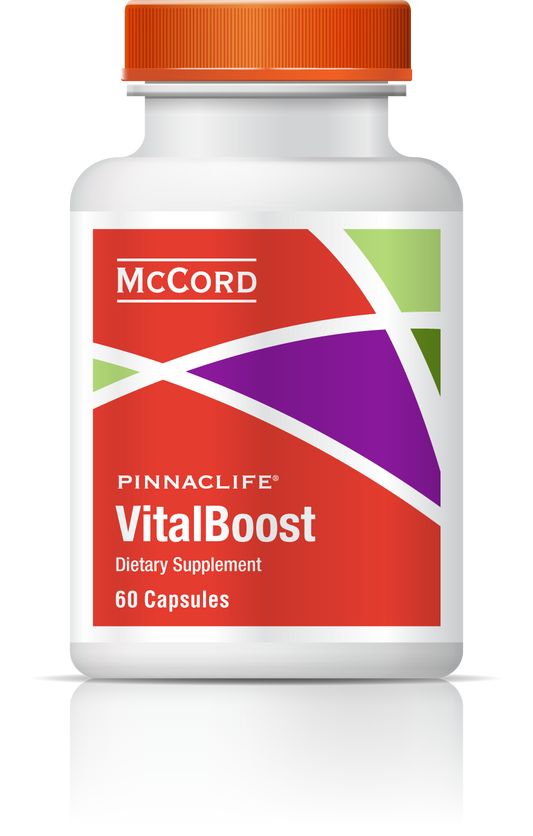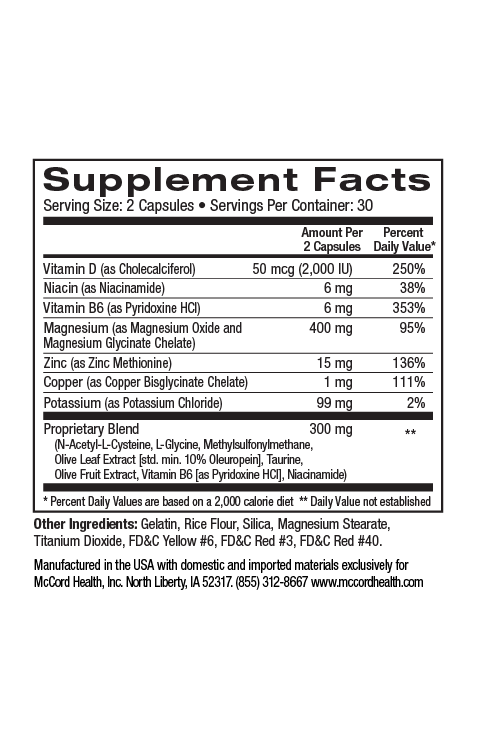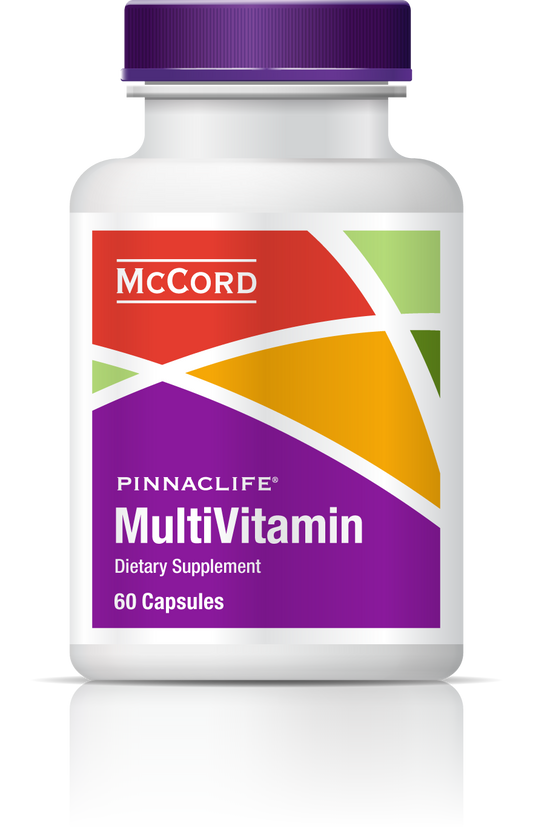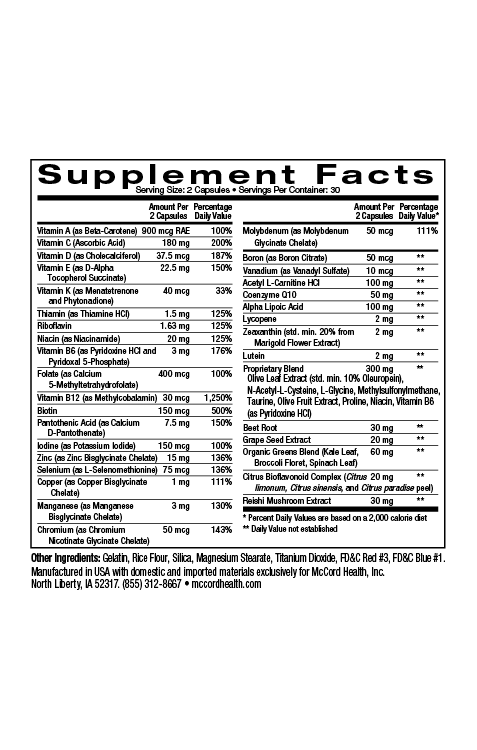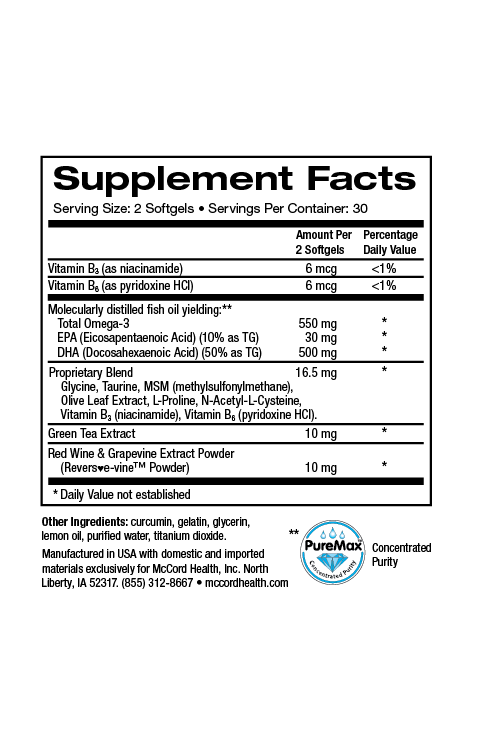Introduction to Sleep Quality and Its Importance
Good sleep is like charging your body’s battery, giving you the energy to tackle the next day. Poor sleep, on the other hand, can leave you feeling drained and foggy, making everything seem harder. Sleep quality is about how well you sleep, not just the hours you spend in bed. High-quality sleep involves falling asleep quickly, not waking up too often during the night, and cycling through the different stages of sleep in a pattern that helps you feel rested. Why does sleep quality matter so much? It’s simple. Better sleep boosts your mood, improves your brain function, and strengthens your immune system. It even helps with weight management. So, taking steps to improve the quality of your sleep is one of the most beneficial things you can do for your overall health.
The Role of Sleep Quality Supplements in Enhancing Sleep
Sleep quality supplements step in where counting sheep fails. They are like a backstage pass to better sleep, helping you fall asleep faster and stay that way longer. Here’s the deal about these supplements: they’re not all created equal. The most talked about are melatonin, magnesium, valerian root, and L-theanine. Melatonin is the big player. Your body makes it naturally, signaling it’s time to hit the hay. But when stress or screens mess with our natural rhythms, a little extra melatonin can help reset our internal clocks. Magnesium chills out your muscles and mind, making it easier to fall asleep. Valerian root has been used since ancient times to promote relaxation and reduce the time it takes to fall asleep. L-theanine, found in green tea, can take the edge off your anxiety, helping you drift off without those racing bedtime thoughts. Think of these supplements as your nighttime support squad. But remember, they’re most effective when you combine them with good sleep habits. Keeping a regular sleep schedule, dialing down on caffeine in the afternoon, and cutting back on late-night screen time can make a big difference. So, while supplements can give you that extra push towards dreamland, a solid sleep routine is your foundation. Keep it simple, keep it consistent, and let the supplements do their magic.
Common Types of Sleep Quality Supplements
When tossing and turning become the nightly norm, many turn to sleep quality supplements for relief. Let’s break down the common types. First up, Melatonin, a favorite among restless sleepers. Your body makes it naturally, but a little extra can help signal it’s bedtime. Then there’s Valerian Root, an herb believed to decrease the time it takes to fall asleep. Magnesium also makes the list, crucial for relaxing muscles and calming the mind. Another notable mention is L-Theanine, an amino acid that promotes relaxation without drowsiness. Lastly, CBD, extracted from cannabis plants, is gaining traction for its potential to reduce anxiety and improve sleep. Remember, effectiveness varies from person to person, and it’s wise to chat with a healthcare professional before starting any supplement.
How Sleep Quality Supplements Work
Sleep quality supplements boost your nighttime rest in simple but effective ways. First, they typically contain ingredients like melatonin, magnesium, or valerian root. Melatonin tells your body it’s time to sleep, acting like your internal clock’s nudge. Magnesium plays a role in relaxing muscles, which can help you feel more at peace and ready for sleep. Valerian root is another gem that works by increasing the levels of a neurotransmitter called GABA, which helps calm the mind.
These supplements work together to help regulate your sleep cycle, making it easier for you to fall asleep and stay asleep. Plus, they can improve the quality of your sleep, meaning you wake up feeling more refreshed. It’s not just about adding hours of sleep, but making those hours count.
Remember, though, not all supplements work the same for everyone. It’s about finding what works for your body. And always check with a healthcare professional before starting any new supplement, especially if you’re already taking other medications.
The Link Between Stress and Sleep Patterns
Stress messes with your sleep. It’s like your brain won’t stop racing, replaying every little thing. When you’re stressed, your body pumps out more cortisol. That’s the “stay alert” hormone. It’s great for dodging danger, not so great for sleeping. This means, instead of drifting off to dreamland, you’re stuck wide awake. And here’s the kicker – bad sleep boosts your stress levels even more. It’s a vicious cycle. Poor sleep patterns can start from stress and, in turn, make the stress even worse. Think of it as your body’s alarm system stuck on the “on” position when you’re trying to hit the “off” switch for the night. By understanding this, we can start looking for ways to cut down the stress, improve our sleep quality, and feel more rested. It’s all about breaking that cycle.
Natural vs. Synthetic Supplements for Sleep: A Comparison
When it comes to boosting your sleep quality, you can choose between natural and synthetic supplements, and it’s key to know how they stack up. Natural supplements, like melatonin, valerian root, or chamomile, are sourced from plants and animals. They work by enhancing your body’s own sleep signals. People tend to prefer these because they’re seen as safer and have fewer side effects. However, they can vary in strength and effectiveness.
On the flip side, synthetic supplements are man-made and designed to mimic the way natural substances work in your body. These can offer a more consistent strength and sometimes work faster or more powerfully. But, they might come with a higher risk of side effects or interactions with other medications.
Here’s the lowdown: if you value consistency and need a strong sleep aid, synthetic might be the way to go. But if you’re aiming for a gentler approach with fewer side effects, natural supplements could be your best bet. Remember, what works for one person might not work for another, so it might take some experimenting to find what’s best for you.
Tips for Choosing the Right Sleep Quality Supplements
When it comes to picking sleep supplements, it’s like navigating a maze. First off, always check the label. Ingredients matter. Go for supplements with magnesium, melatonin, or valerian root. These guys are like the sleep squad, known for ushering in a good night’s rest. Start with a small dose. Your body doesn’t need a shock; it needs a nudge. See how you react and adjust from there.
Next, quality over quantity. Don’t just grab any bottle off the shelf. Do a little homework. Look up brands, read reviews, and maybe even check for any certifications. They’re like gold stars on a test, showing the product meets certain standards.
Remember, not all ‘natural’ products are friendly. Just because it’s from nature doesn’t mean it’s safe for everyone. If you’re taking other meds or have certain conditions, chat with a healthcare pro before diving into the supplement sea.
Lastly, patience is key. Don’t expect miracles overnight. Like brewing a good cup of tea, good things take time. Supplements can help, but they’re part of a bigger picture. Your sleep routine, stress levels, and even that late-night scrolling play a part.
Choosing the right sleep supplement isn’t just about closing your eyes and hoping for the best. It’s about making informed, careful choices.
Incorporating Sleep Quality Supplements into Your Routine
Thinking of adding sleep quality supplements to your routine? You’re on the right path. These supplements can be a game changer for anyone struggling to catch some serious z’s. First off, it’s key to pick the right time to take them. Most supplements work best if you take them about an hour before bed. This gives your body the signal that it’s time to wind down. Next up, consistency is your friend. Taking your supplement at the same time every night can help regulate your body’s internal clock, paving the way for a smoother journey to dreamland.
But, remember, not all supplements are created equal. It’s wise to do a little homework or chat with a healthcare professional to find one that matches your specific needs. Whether it’s melatonin for a more natural sleep rhythm, magnesium to relax your muscles, or valerian root for a calm mind, the right supplement could be just what you need to enhance your sleep quality.
Lastly, supplements are a piece of the puzzle, not the whole picture. Pair them with good sleep hygiene habits—think cool, dark sleeping environment and steering clear of screens before bed—to fully embrace the benefits. Combine these elements together, and you’re setting yourself up for a restful night.
Potential Side Effects and Precautions with Sleep Quality Supplements
Taking sleep quality supplements might seem like an easy fix to long nights spent counting sheep. But pause before you gulp down that pill. Not all sleep aids are created equal, and they can come with their own set of issues. For starters, dependency is a big concern. Your body might start to rely on these supplements to shut down, making it harder to doze off naturally. Then there’s the morning-after grogginess, kind of defeating the purpose of taking them in the first place. Another point to consider is interaction with other medications. Mixing sleep supplements with other drugs without a doctor’s nod can be risky. Plus, allergic reactions are not off the table. Some folks might experience rashes, itching, or even more severe allergic responses. So, while reaching for a supplement can be tempting to wrestle your sleep schedule back in line, it’s crucial to weigh these potential side effects and talk to a healthcare professional before starting any new supplement regimen. Health is wealth, and a good night’s sleep is a big part of that treasure.
Conclusion: Toward a Restful Night’s Sleep with Sleep Quality Supplements
To wrap it up, diving into the world of sleep quality supplements could be the game-changer you need for a restful night’s sleep. Remember, it’s not just about getting more hours of sleep, but improving the quality of those hours. Magnesium, Melatonin, and Valerian Root are among the go-to supplements that have been backed by many to improve sleep patterns. Yet, it’s critical to approach this with a bit of caution - not every supplement will be a perfect fit for everyone. It’s wise to start with small doses and see how your body responds. And, don’t forget, consulting with a healthcare provider before beginning any new supplement routine is a must, especially if you’re already on other medications. Let’s aim for better sleep, not just longer sleep. With the right supplement, a nightly routine, and perhaps some adjustments to your daytime habits, drifting off into a peaceful, restorative slumber could be within reach.


